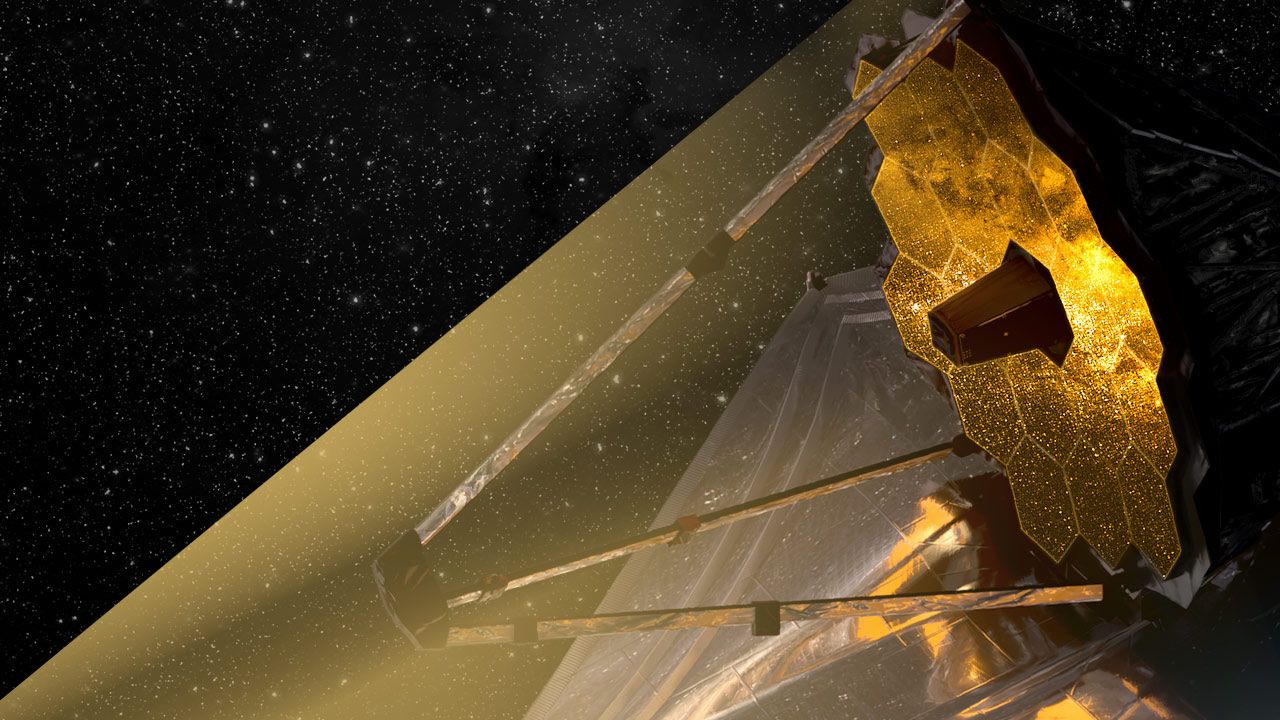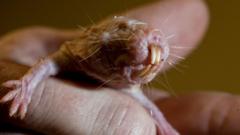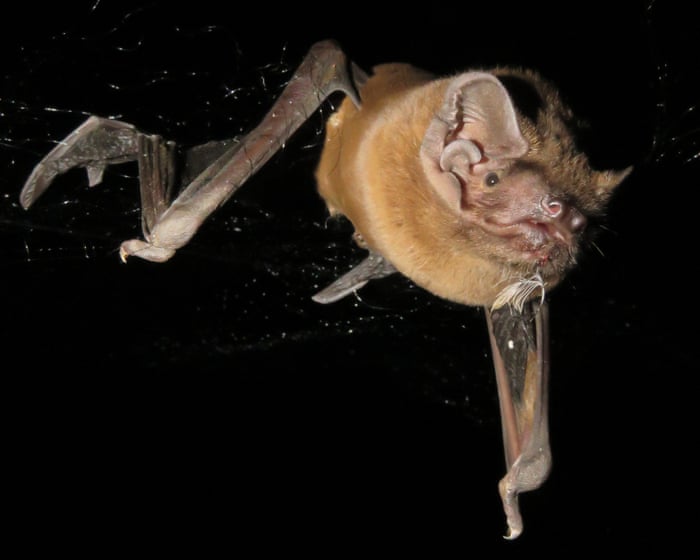James Webb telescope may have spotted controversial 'dark stars' in the far universe
PositiveScience

Astrophysicists using the James Webb Space Telescope have potentially discovered a groundbreaking type of cosmic object known as 'dark stars.' This finding is significant as it could reshape our understanding of the universe and the formation of celestial bodies, opening new avenues for research in astrophysics.
— Curated by the World Pulse Now AI Editorial System






